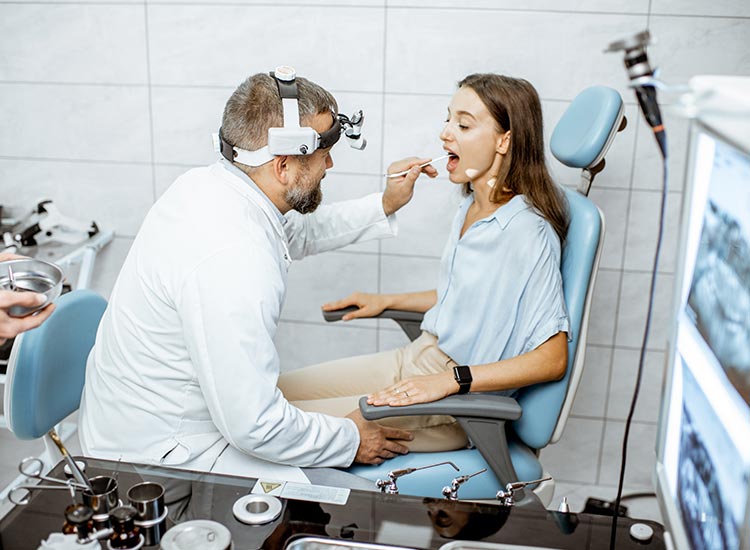Is tooth extraction a serious surgery?
Tooth extraction is generally considered a minor surgical procedure, though its complexity and risks can vary depending on the tooth’s condition and location.
Key Points to Consider:
Post-operative care is essential to prevent complications like dry socket or infection.
Simple extractions typically involve minimal risk and discomfort.
Surgical extractions, like impacted wisdom teeth, are more complex and may require stitches.
Factors such as age, medical history, and tooth position influence the procedure’s difficulty.
Recovery times vary based on the type of extraction performed.

Types of Tooth Extractions and Their Risks
Simple vs. Surgical Extractions
Simple extractions involve removing a tooth that’s visible and easily accessible, usually performed with local anesthesia. These are routine procedures often completed quickly in a dental office with minimal downtime. In contrast, surgical extractions require cutting into gum tissue or bone and are typically reserved for impacted, broken, or deeply rooted teeth.
While most tooth extractions are safe, surgical procedures carry a slightly higher risk of complications such as infection, bleeding, or nerve damage. This is especially true for wisdom teeth or teeth located near sensitive areas like sinuses or major nerves. Dentists carefully evaluate each case to minimize risks and ensure patient safety.
What to Expect Before and After an Extraction
Pre-Procedure Evaluation and Planning
Before any extraction, a thorough dental examination, often including X-rays, helps assess the tooth’s position and condition. This evaluation determines whether a simple or surgical extraction is needed and identifies any potential complications. Medical history, medications, and existing health issues are also reviewed to tailor the procedure safely.
In certain cases, extractions may be delayed or referred to an oral surgeon if the tooth’s position or the patient’s health presents added risks. For example, people with heart conditions or bleeding disorders might need additional precautions. Open communication with your dentist ensures you’re well-informed and prepared for the procedure.

If you’ve been told you need a tooth extraction, consult your dentist to discuss the type of procedure, potential risks, and personalized aftercare instructions. A clear plan can help ease concerns and promote a smooth recovery.
